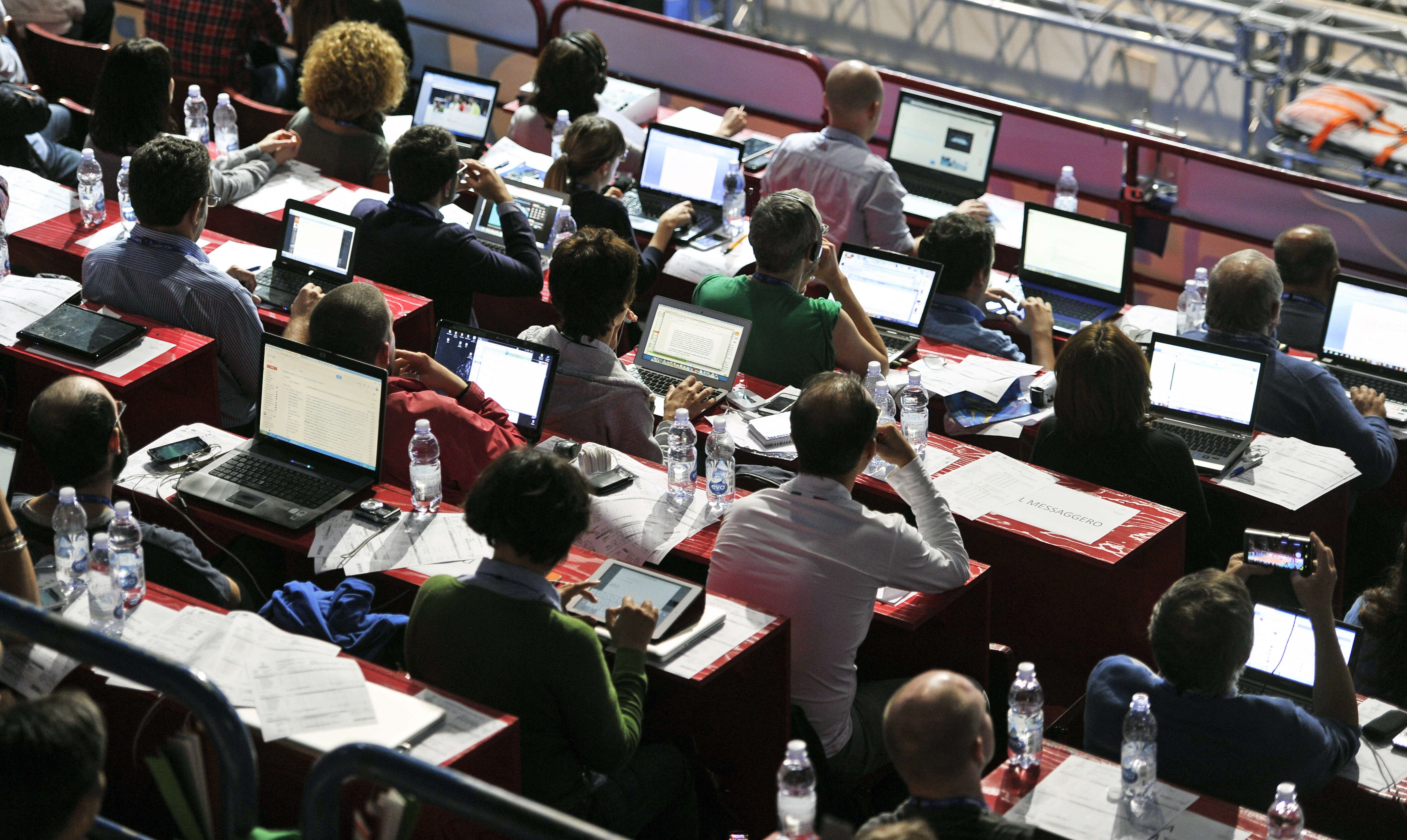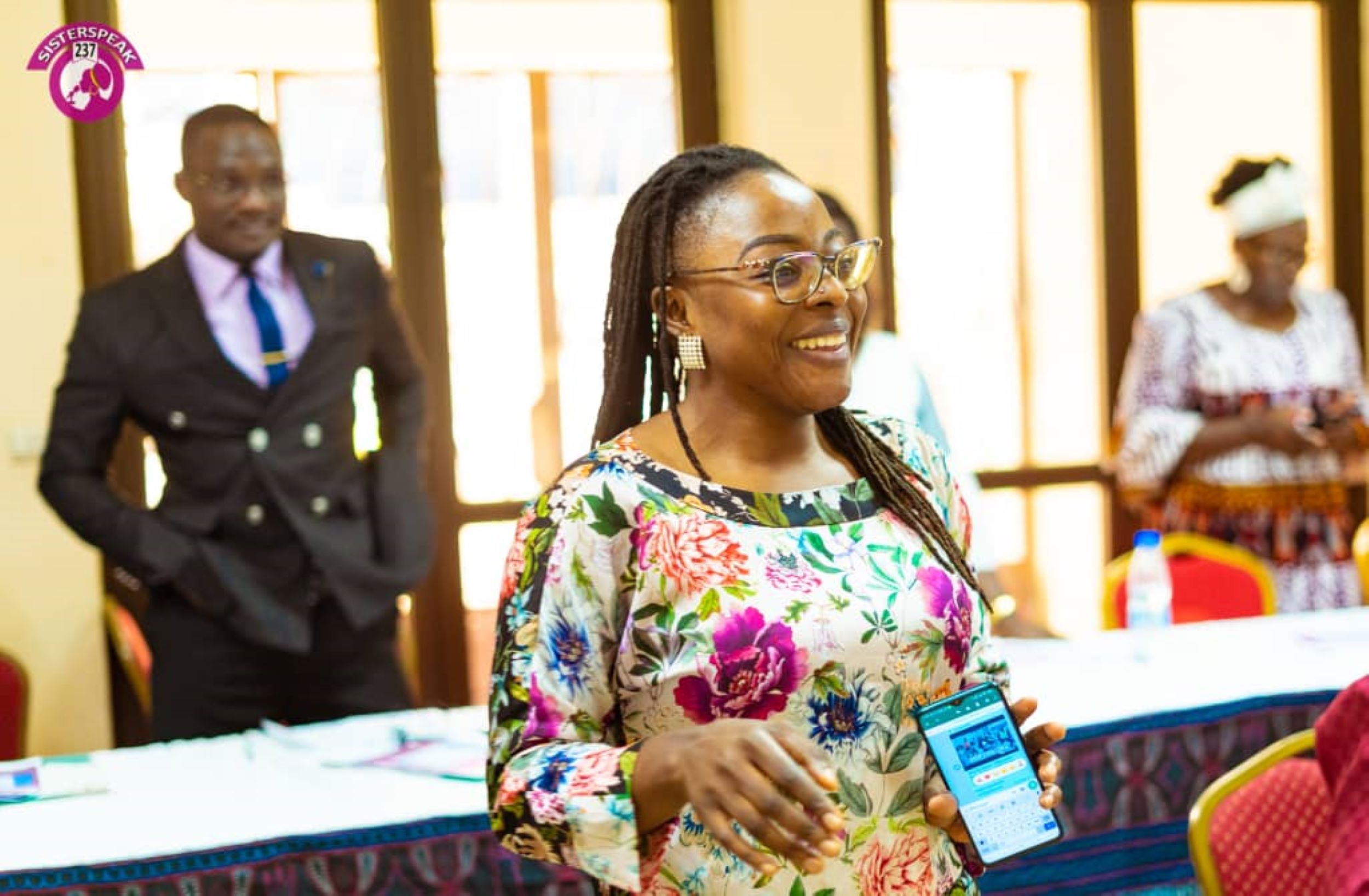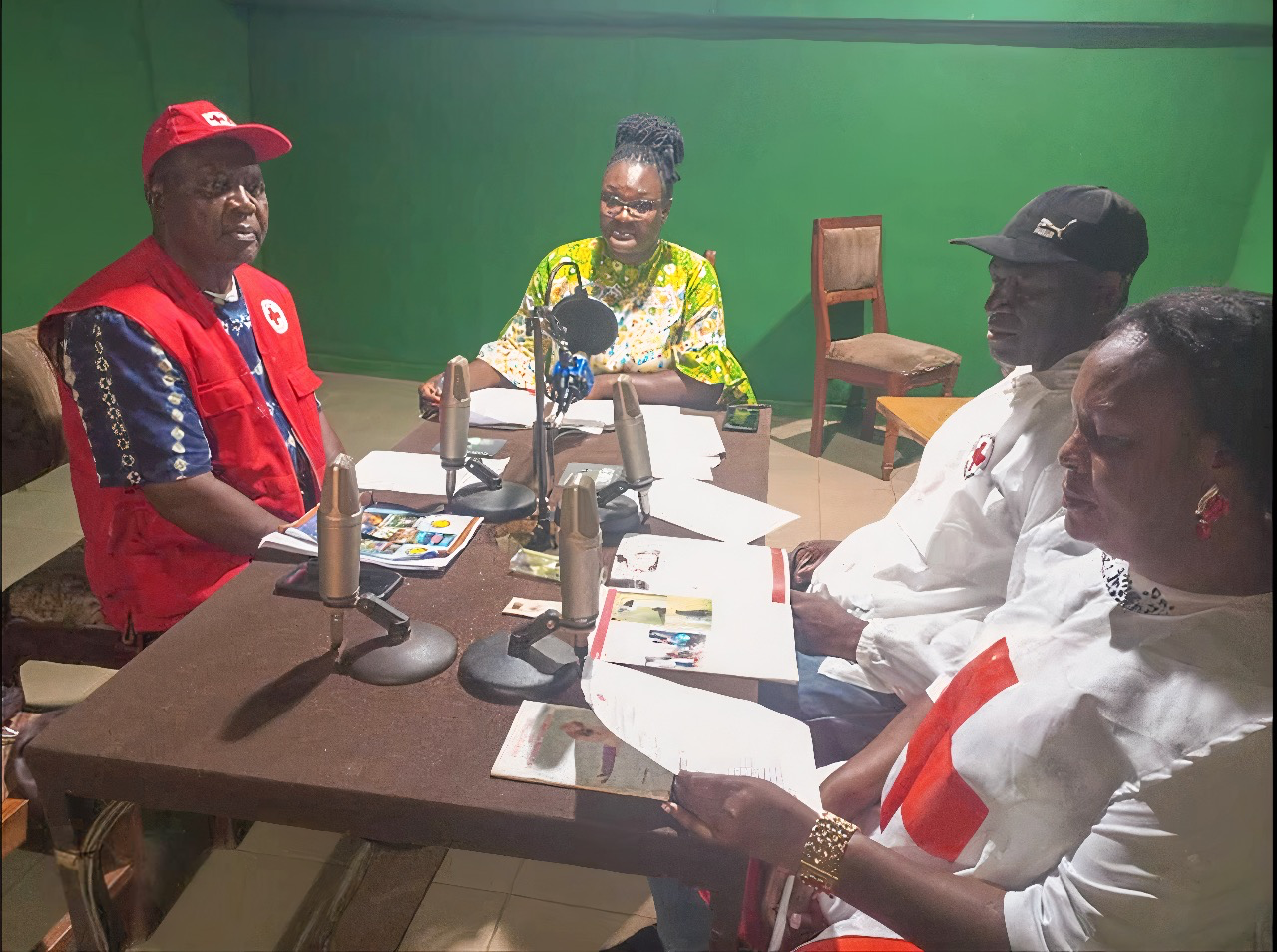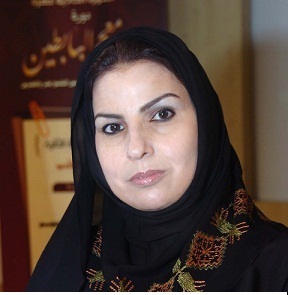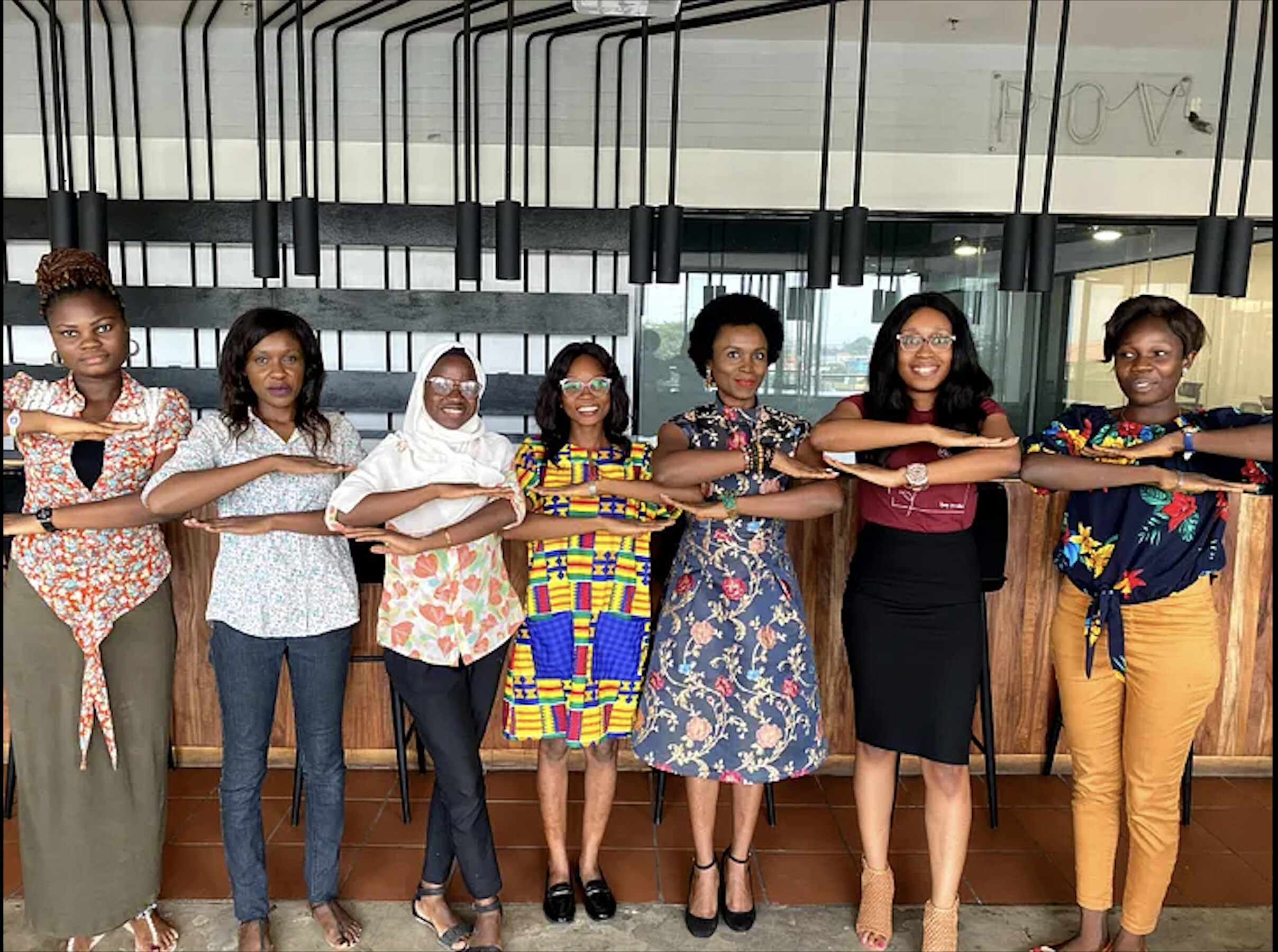Gender inequality persists in sports journalism, with female reporters significantly under-represented, as shown by studies revealing that only 5.1% of sports articles are written by women. Advocates call for equal representation, more inclusive hiring practices, and a broader focus on women's sports to challenge stereotypes, improve coverage, and give women a stronger voice in shaping sports narratives.
While there is a push for equal gender representation in all areas of life, sports reporting remains an area where representation is low. “Despite the growing presence of women in sports and the increasing coverage of women's sports in the media, inequality is still evident,” states The Echo News.
A study published by the Atlantic Journal of Communication found that out of 2,242 sports-related articles, 94.9% were written by male journalists, while only 5.1% were written by female journalists.
"There's a grossly unequal representation of female journalists in sports reporting," says Wanchia Nchang Cynthia, adding that “this must change.” Nchang is a female sports journalist based in Cameroon, where only 1 in 20 sports journalists is female. "I used to be the only female journalist covering sports for most of my career when I went on coverage," says Nchang.
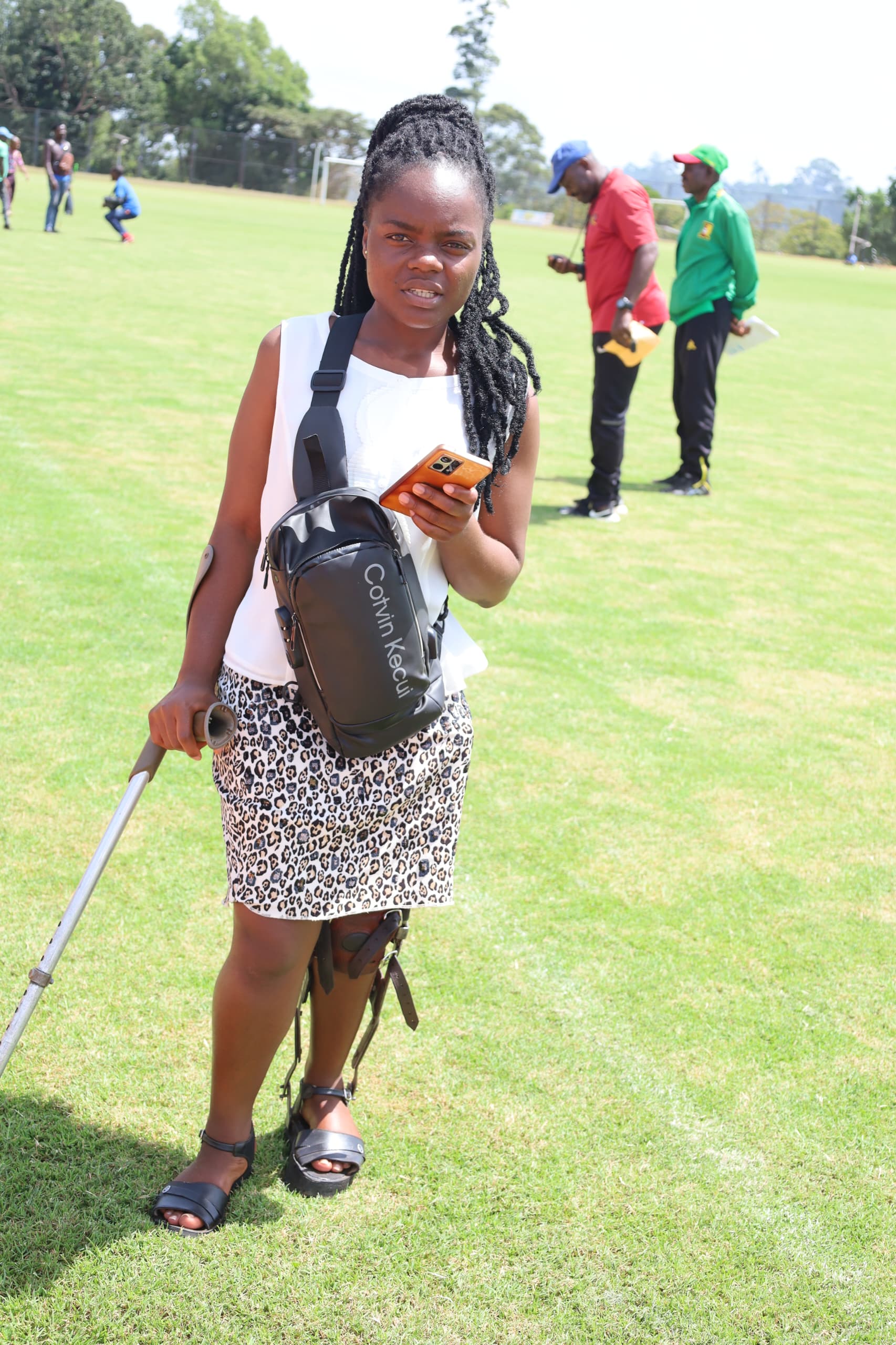
Nchang, as a female sports journalist, has achieved great success in the field during her 13-year career. She has worked as a team press officer for the local Division One club, Young Sports Academy, and has also served as the English host for the closing ceremony of Cameroon's Professional League in both 2016 and 2017.
Chansiline Nanze, a female sports journalist at Cameroon’s national broadcaster, Cameroon Radio and Television, like Nchang, agrees that there’s an unequal representation of their peers in the sports news coverage. “The number [of female sports journalists] is significantly small. I can barely hand-count those I know,” she said.
Nanze is a rising female sports journalist in Cameroon. Just six years into sports reporting, she’s bagged home awards for best Female Journalist.
Changing the Status-Quo, an Urgent Need
Like in every area of life, the need for equal gender representation cannot be overemphasised. “Equal representation in sport is key in shaping the way we [people] view the world. It’s not just who plays sports, but who we are—as a society. [It allows us] to celebrate and showcase ourselves as leaders, experts, and heroes,” says Hon. Ros Spence, Minister for Community Sport of Victoria State Government. These perceptions have the power to change limiting gender norms and stereotypes, stresses Hon. Spence.
"Having both men and women reporting stories brings diverse perspectives. Female athletes can better relate to female [journalist] colleagues. Female reporters can bring a unique perspective, and their presence will lead to more balanced coverage, elevating and giving visibility to women in particular," says Nchang.
Like Nchang, Nanze believes that achieving gender balance [equal representation] in the media and sports industry requires both individual and ecosystem changes. She emphasises that female colleagues should develop a passion for sports reporting, as it is essential for thriving in the domain. “In addition to passion, the importance of mastering the specific language and terminology associated with each sports discipline is key to excelling in sports journalism. It requires more than just being a journalist; it takes deep understanding of the sports world in general,” stresses Nanze.
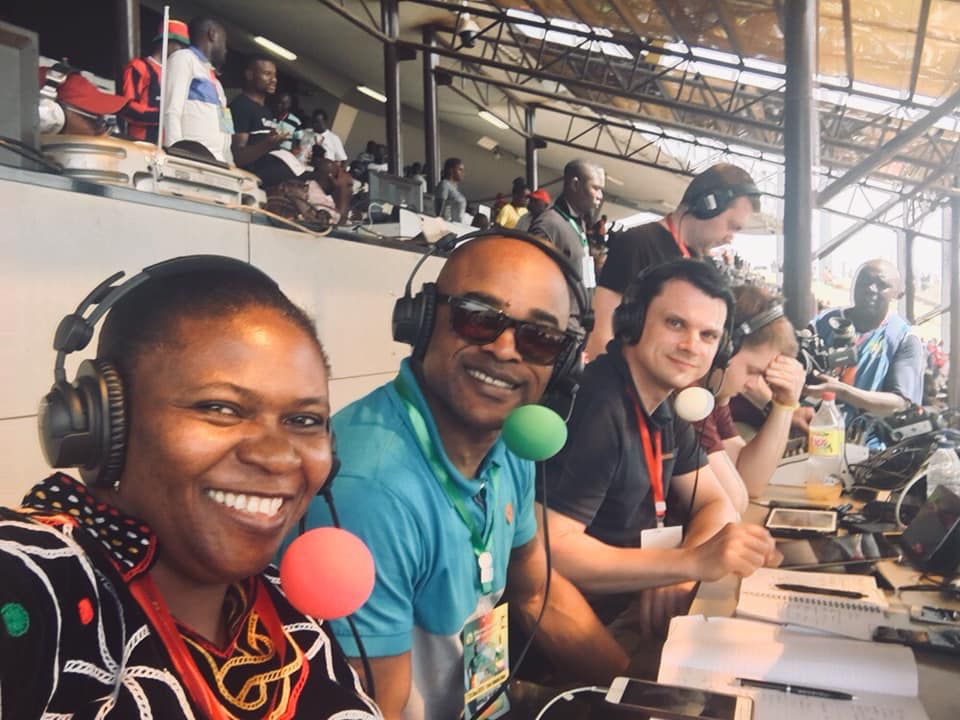
Leocadia Bongben, a veteran sports journalist, emphasises that female journalists need to be assertive, courageous, and consistent at the individual level. “While covering various sports events can be tiring, staying consistent is essential for success in sports reporting,” she says.
Bongben, is an accomplished sports journalist whose career provided her with the opportunity to serve as the Media Officer for the Cameroon Women’s National Team from 2014 to 2017. She has also covered major competitions, including the Africa Cup of Nations in 2010 in Angola, the 2017 Gabon tournament, the 2010 World Cup in South Africa, the World Cup in Brazil, and the All-Africa Games in Maputo, Mozambique, in 2011.
"We need to encourage media organisations to adopt hiring practices that promote equal recruitment of men and women. We should advocate for inclusive policies to create a work environment that is suitable for all journalists," says Nchang. Additionally, media and sports associations should provide more training opportunities for female journalists and allow them to take on roles during sports events, such as commentators, analysts, and match officials, she says.
Driving Change in Media Coverage for Women’s Sport
The coverage of women's sports in media has tripled since 2019, increasing from just 5 percent to 16 percent in 2022 after being stagnant for three decades. However, if the current rate of growth continues, women's share of media coverage may [only] reach 20 percent by 2025, according to UN Women.
Deducing from the current growth rate, more has to be done to increase the coverage of women’s sports in the media.
The Victorian Government and the Office for Women in Sport and Recreation (VGOWSR) say that growth will require media and sports organisations to come up with intentional and measurable strategies.
“Media outlets have a key role in sharing the stories, driving conversations and providing up-to-date information on women’s competitions, teams and athletes, as well as driving the narrative around gender equality in sport. For media companies, the opportunity to develop a strategic approach to improve the coverage of women’s sports, along with a supportive culture and workplace for both women and men journalists to drive content and stories on women’s sports, represents the fundamental requirement for change.”
On the other hand, journalists, editors and presenters, at the heart of the stories and bringing sports news to the community, have an opportunity to consciously drive the content and coverage of women’s sports, including consciously engaging women as sources for quotes and comment. Critically, the onus for progress cannot be dropped on the shoulders of women journalists, who are already significantly more likely to cover women’s sports, says VGOWSR.
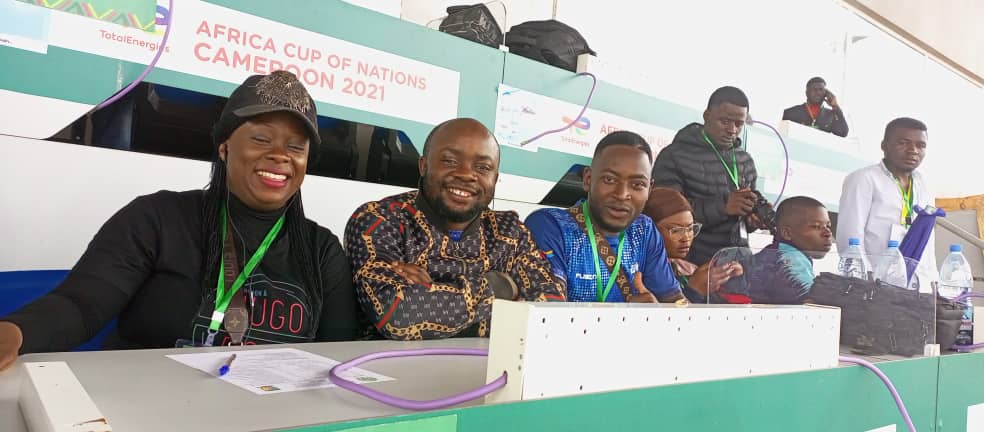
As concerns sports organisations, VGOWSR says these organisations can play a key role in supporting coverage of women in their sport, from driving the stories that build the profile of individual athletes and teams to facilitating access to amplifying the voices of women in the conversations of their sport.
“The personalities within sports can shape the stories and narratives around women’s sports coverage. Women’s sport is more than results and performance, with the preparation and journeys of athletes and teams through competitions and seasons providing a richer, deeper understanding by the audience. Women athletes have stories beyond overcoming gender-based adversity—they are elite athletes, delivering performances among the best in the world,” underscores VGOWSR, adding that expanding from the athlete’s perspective and supporting women to be involved in the conversation of sport as a source will assist in driving the diversity of perspectives from women in sport, whether that be athletes, coaches, or executives, shaping a broader conversation in sports media.
Addressing Stacked Odds
Female athletes and sports professionals (i.e., coaches and broadcasters) are often victims of stereotyping in the sports industry. They’re often trivialised when it comes to earning respect, pay equality, and recognition for their hard work and achievements. Despite the enactment of Title IX, concerns over inequality in lack of airtime for women's sports, excessive sexism, discrimination, and disrespect towards female athletes and sports professionals continue to be widespread, according to the Athens Journal of Sports.
“As a woman working odd hours, it can be challenging but not impossible. Some sources withhold information because you’re a woman and request sexual favours in return,” says Bongben.
Faced with such, Nchang says the time to act is now. “Addressing gender stereotypes is fundamental in addressing the odds female journalists face in their work,” she says.
